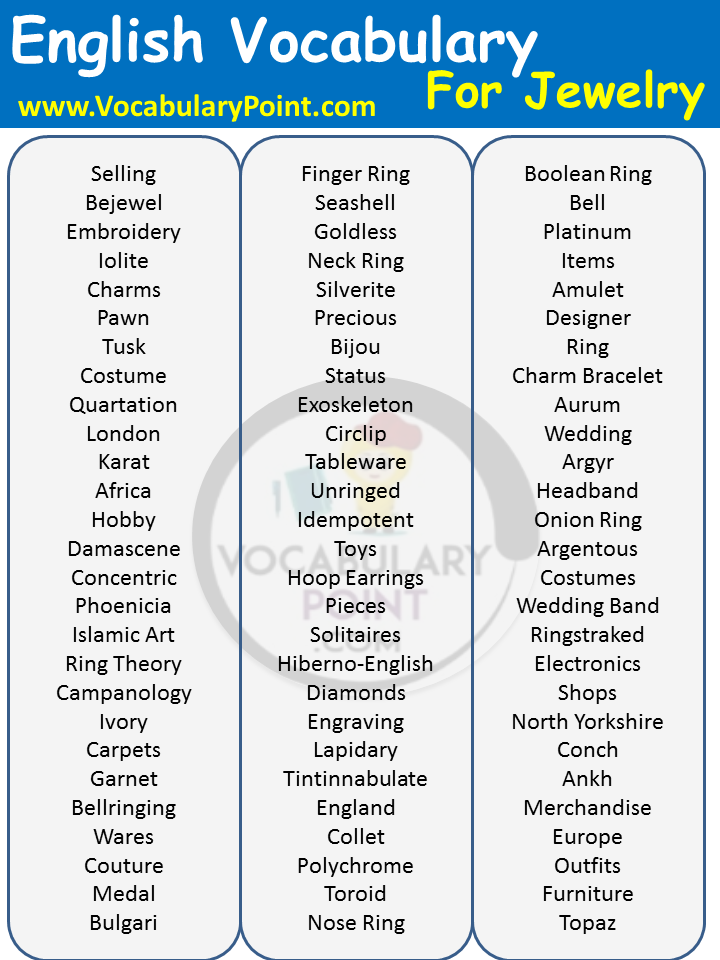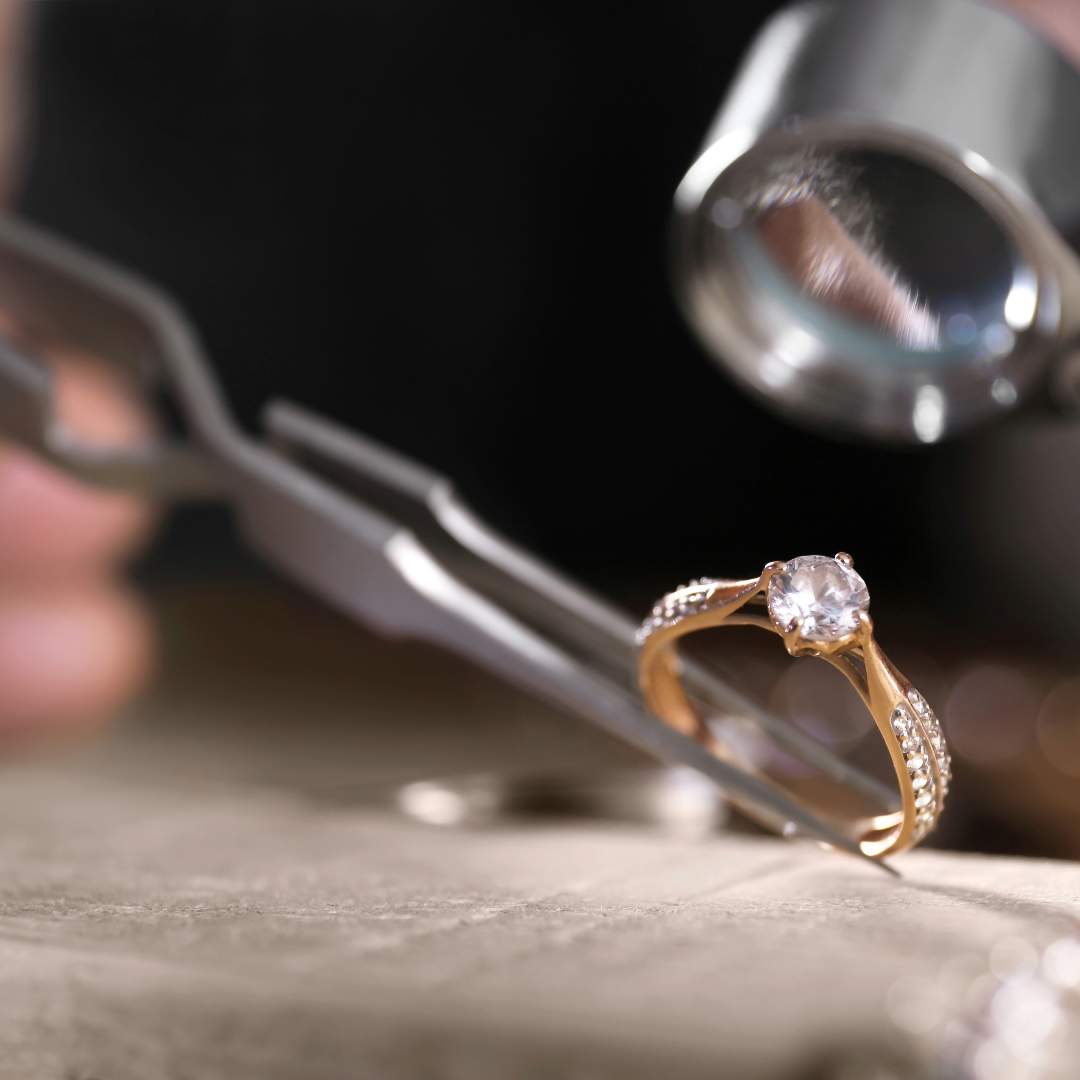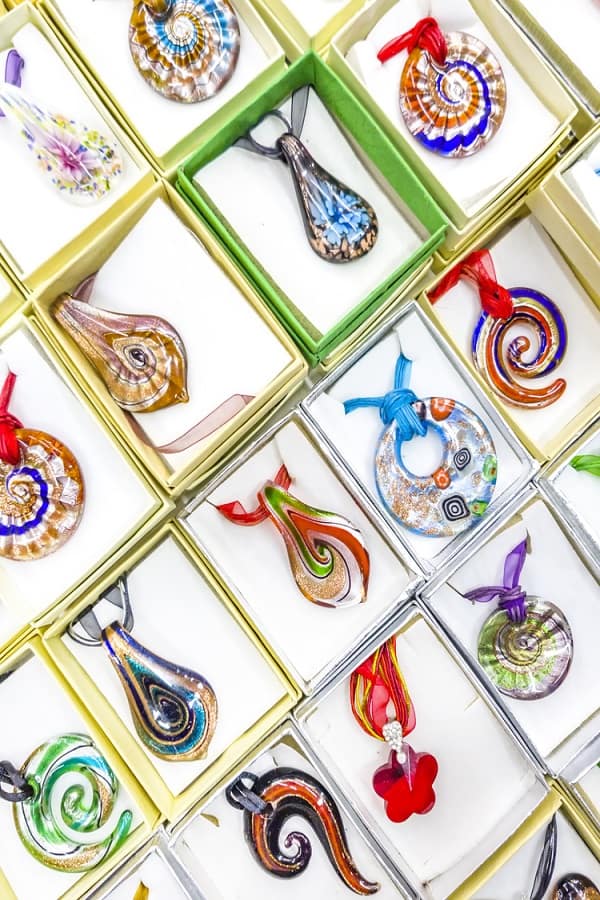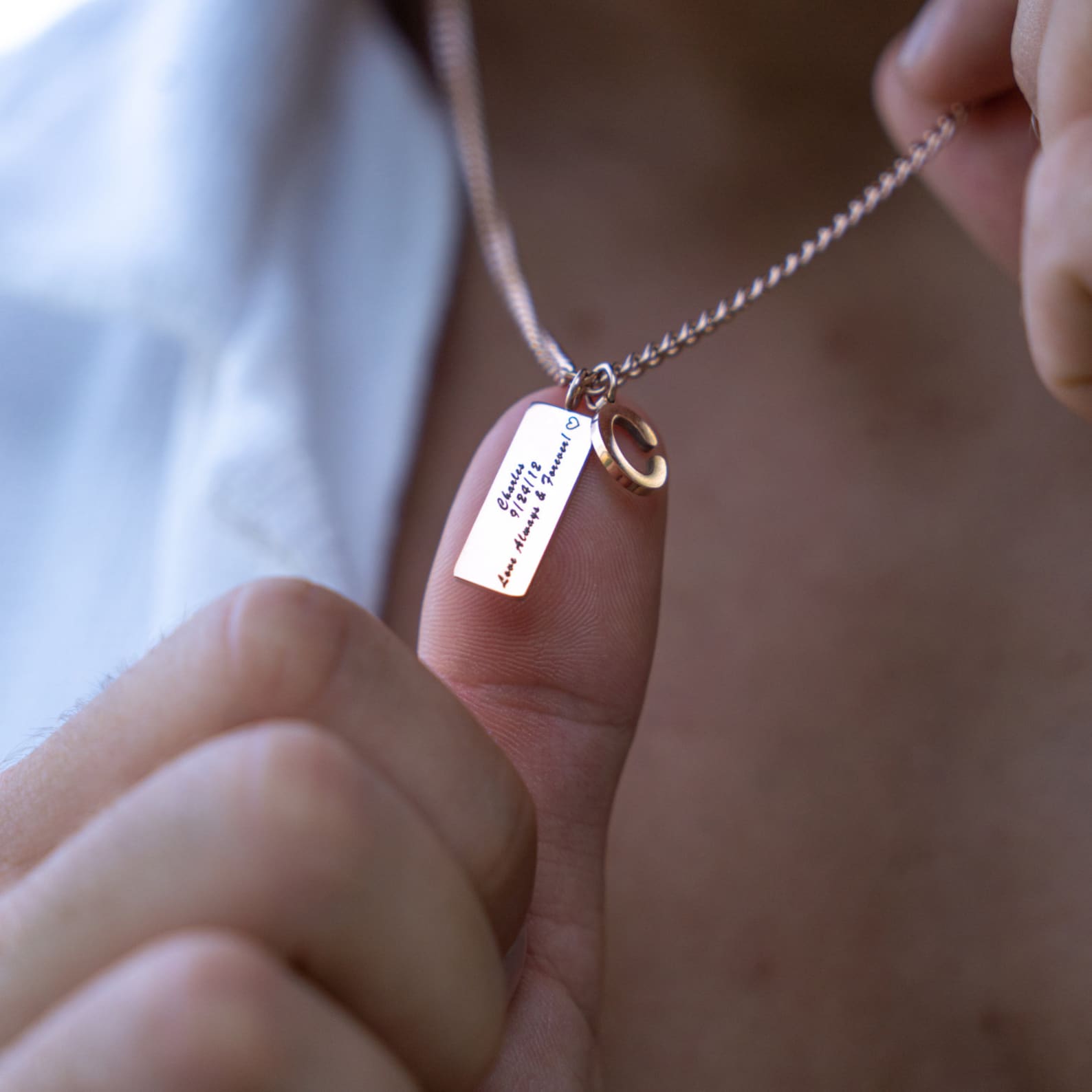The Art of Spelling "Jewelry": A Comprehensive Guide
Related Articles: The Art of Spelling "Jewelry": A Comprehensive Guide
Introduction
With enthusiasm, let’s navigate through the intriguing topic related to The Art of Spelling "Jewelry": A Comprehensive Guide. Let’s weave interesting information and offer fresh perspectives to the readers.
Table of Content
The Art of Spelling "Jewelry": A Comprehensive Guide
![Correct spelling for jewelry [Infographic] Spellchecker.net](https://d65im9osfb1r5.cloudfront.net/spellchecker.net/1144491-jewelry.png)
The correct spelling of "jewelry" has long been a source of confusion, with both "jewelry" and "jewellery" widely used in English. This article aims to provide a comprehensive understanding of the spelling variations and their historical context, ultimately offering clarity and confidence in choosing the appropriate form.
A Journey Through Time: The Evolution of "Jewelry" and "Jewellery"
The evolution of "jewelry" and "jewellery" is intricately intertwined with the history of the English language itself. Both spellings ultimately derive from the Old French word "jouel," meaning "jewel."
-
"Jewellery" – The British Path: In British English, the spelling "jewellery" has remained the dominant form, reflecting the historical influence of French on the language. This spelling reflects the original French spelling "jouelrie," which, over time, adapted into "jewellery."
-
"Jewelry" – The American Shift: In American English, a distinct spelling emerged, "jewelry." This evolution is attributed to Noah Webster, a prominent American lexicographer and educator. In his 1828 dictionary, Webster advocated for a more simplified spelling of words, often removing redundant letters. This principle led to the adoption of "jewelry" in American English, reflecting a preference for a more concise and streamlined form.
Understanding the Spelling Variations: A Deeper Dive
While both "jewelry" and "jewellery" are considered correct spellings, their usage is primarily determined by geographical location and personal preference.
-
British English: The spelling "jewellery" remains the standard in British English, consistently used in all contexts, including formal writing, publications, and everyday language.
-
American English: In American English, "jewelry" is the accepted and preferred spelling, reflecting the simplification of spelling advocated by Noah Webster. This spelling is consistently used in American publications, dictionaries, and everyday language.
Navigating the Spelling Choices: Considerations for Writers and Editors
The choice between "jewelry" and "jewellery" is often dependent on the intended audience and the context of the writing.
-
Global Audience: When writing for a global audience, it is generally advisable to use "jewelry" as it is widely understood and accepted in both American and British English.
-
Specific Regional Audience: When writing for a specific regional audience, adhering to the dominant spelling convention of that region is recommended. For example, using "jewellery" in a publication intended for a British audience or "jewelry" in a publication intended for an American audience.
-
Consistency: Regardless of the chosen spelling, consistency is paramount. Once a spelling is chosen, it should be consistently maintained throughout the document to avoid confusion and maintain a professional tone.
Beyond Spelling: The Essence of Jewelry
While the spelling of "jewelry" may be a matter of debate, the essence of jewelry remains universal. It is an art form that transcends borders and languages, symbolizing beauty, tradition, and personal expression. From the intricate craftsmanship of ancient jewelry to the modern designs that adorn contemporary fashion, jewelry continues to captivate and inspire.
Frequently Asked Questions
Q: Is "jewelry" or "jewellery" more correct?
A: Both spellings are considered correct, but "jewelry" is the preferred spelling in American English, while "jewellery" is the preferred spelling in British English.
Q: When should I use "jewelry" and when should I use "jewellery"?
A: If writing for a global audience, "jewelry" is generally recommended. If writing for a specific regional audience, use the spelling that is dominant in that region.
Q: Is it ever incorrect to use "jewelry" in British English?
A: While "jewellery" is the preferred spelling in British English, "jewelry" is not considered incorrect. It is simply less common.
Q: Is it ever incorrect to use "jewellery" in American English?
A: While "jewelry" is the preferred spelling in American English, "jewellery" is not considered incorrect. It is simply less common.
Tips for Writing About Jewelry
-
Research: Familiarize yourself with the history and cultural significance of jewelry to provide context and depth to your writing.
-
Descriptive Language: Use vivid language to describe the materials, designs, and craftsmanship of jewelry, engaging the reader’s senses.
-
Visuals: Incorporate images of jewelry to enhance the reader’s understanding and appreciation.
-
Expert Sources: Quote experts in the field of jewelry, such as designers, historians, or gemologists, to add credibility and authority to your writing.
Conclusion
The spelling of "jewelry" is a fascinating reflection of the evolving nature of language and its regional variations. While both "jewelry" and "jewellery" are considered correct, understanding the historical context and regional preferences helps writers and editors make informed choices. Ultimately, the goal is to communicate effectively and maintain consistency in spelling, allowing the beauty and artistry of jewelry to shine through.








Closure
Thus, we hope this article has provided valuable insights into The Art of Spelling "Jewelry": A Comprehensive Guide. We thank you for taking the time to read this article. See you in our next article!